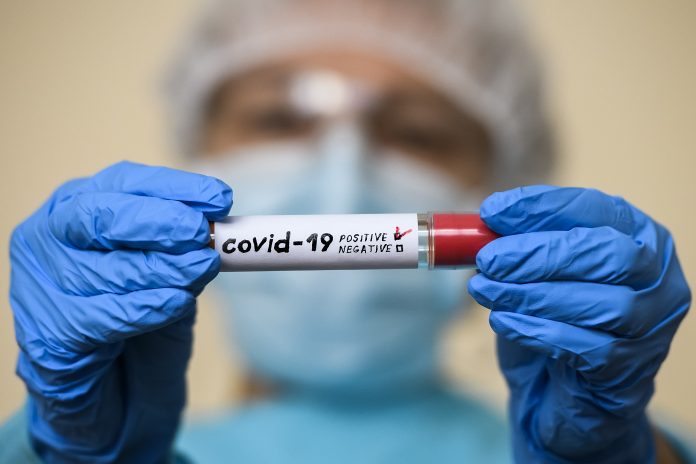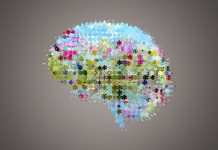Researchers at the University of Exeter Medical School and the University of Connecticut School of Medicine found that a faulty gene linked to dementia doubles the risk of developing severe COVID-19
One in 36 people of European ancestry has two faulty copies of the APOE e4e4 gene which is known to increase risks of Alzheimer’s disease and heart disease. Researchers have found that people with this faulty gene type are at double the risk of developing severe COVID-19, compared to those with the common e3e3.
The team has previously found that people with dementia are three times more likely to get severe COVID-19, however, the new study, published in the Journal of Gerontology: Medical Sciences, indicates that a genetic component may also be a risk factor – even in people who had not developed these diseases.
Study results
2.36% (n=9,022) of participants with European ancestries (n=382,188) had the ApoE e4e4 faulty gene, but 5.13% (n=37) of those who tested positive for COVID-19 (n=721) had this gene variant, suggesting the risk is doubled compared to e3e3 (410 per 100,000 versus 179 per 100,000).
Co-author Dr. Chia-Ling Kuo, of the UConn School of Medicine, said: “This is an exciting result because we might now be able to pinpoint how this faulty gene causes vulnerability to COVID-19. This could lead to new ideas for treatments. It’s also important because it shows again that increasing disease risks that appear inevitable with ageing might actually be due to specific biological differences, which could help us understand why some people stay active to age 100 and beyond, while others become disabled and die in their sixties.”
Professor David Melzer, who led the team, said: “Several studies have now shown that people with dementia are at high risk of developing severe COVID-19. This study suggests that this high risk may not simply be due to the effects of dementia, advancing age or frailty, or exposure to the virus in care homes.
“The effect could be partly due to this underlying genetic change, which puts them at risk for both COVID-19 and dementia.”











